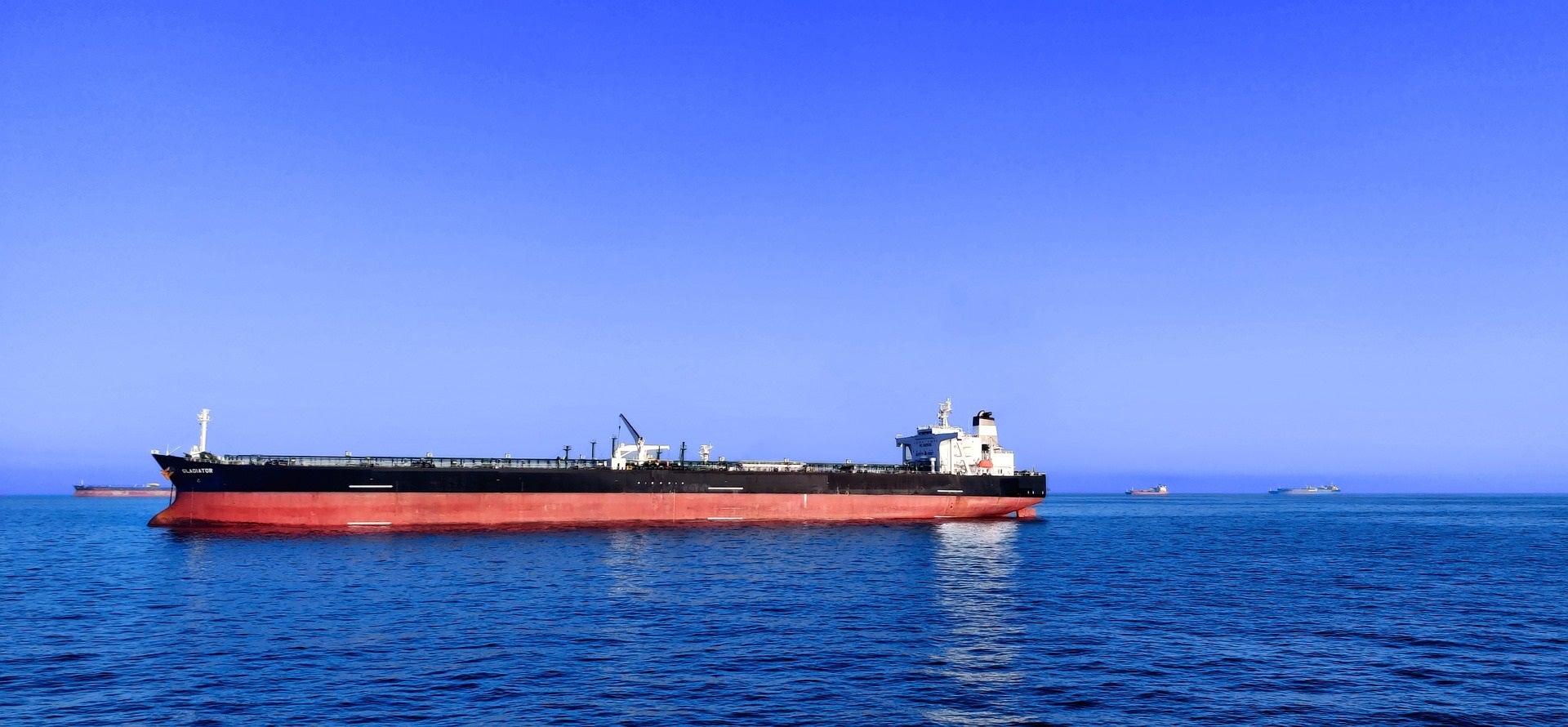
Tanker shipping firm Frontline has agreed to acquire six ECO-type very large crude carriers (VLCC) via onward sale newbuilding contracts.
The company is acquiring the newbuild vessels at a combined purchase value of $565.8m, including an estimated $25.7m for additions and upgrades.
The vessels are currently being built at the Hyundai Heavy Industries (HHI) shipyard in South Korea.
While the first five vessels will be delivered during the first quarter of 2022, the last vessel will be supplied in Q1 2023.
The newbuilds will be designed to run on various fuels, including biofuel.
They will also have the capacity to accommodate potential conversion or retrofitting to operate on alternative fuels, such as ammonia or liquefied natural gas (LNG).
How well do you really know your competitors?
Access the most comprehensive Company Profiles on the market, powered by GlobalData. Save hours of research. Gain competitive edge.

Thank you!
Your download email will arrive shortly
Not ready to buy yet? Download a free sample
We are confident about the unique quality of our Company Profiles. However, we want you to make the most beneficial decision for your business, so we offer a free sample that you can download by submitting the below form
By GlobalDataFurthermore, the vessels will feature exhaust gas scrubber technology, anti-fouling systems and digital energy performance solutions.
The company will pay the largest share of the instalments on each vessel on delivery.
It will use current borrowing facilities to fund the acquisition and create long term financing before the delivery of the ships.
Frontline interim CEO Lars H Barstad said: “This transaction is consistent with our core company goals to increase exposure to the VLCC market without adding to existing vessel supply. It further cements Frontline’s position in respect of owning a modern, high-quality, fuel-efficient fleet.
“The delivery schedule for these vessels is particularly attractive, in a timing window regarded closed for new orders. With this acquisition, Frontline is tangibly moving on our journey towards lower carbon emissions.”







